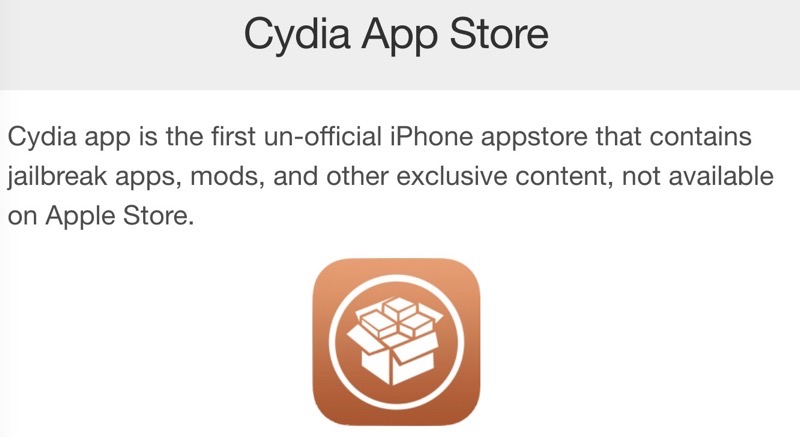
Apple Responds to Cydia Founder’s Lawsuit, Denies Being Anti-Competitive

It’s been a while since we’ve heard about Cydia, the unofficial app store for jailbroken iPhones, but its founder Jay Freeman has launched a lawsuit against Apple, alleging the iPhone maker is being anticompetitive.
According to The Washington Post, the Cydia lawsuit alleges Apple has a monopoly over software distribution on iOS devices and says Apple used anti-competitive measures to end Cydia’s influence for jailbroken iPhones.
“Were it not for Apple’s anticompetitive acquisition and maintenance of an illegal monopoly over iOS app distribution, users today would actually be able to choose how and where to locate and obtain iOS apps, and developers would be able to use the iOS app distributor of their choice,” explains the lawsuit, filed in Northern California federal court.
Cydia is being represented by the law firm Quinn Emanuel Urquhart and Sullivan, which also represented email app Blix, which tried to similarly sue Apple over antitrust allegations; that case was recently thrown out in court.
Apple told The Washington Post it would be reviewing the lawsuit and also denied being anti-competitive. Apple said it needs to control how apps are downloaded onto iPhones to protect its customers from bad software in the form of viruses and security threats.
For anyone who has used a jailbroken iPhone in the early days, the name Jay Freeman is a familiar one, thanks to the Cydia app store that allowed users to download various third-party apps and tweaks to customize their devices.
Freeman charged developers to list their apps and tweaks in Cydia, similar to how Apple makes money with the App Store. In 2010, Freeman said he had 4.5 million iPhone users searching the Cydia store weekly. Peak revenue for Cydia was in 2011 and 2012, taking in roughly $10 million US, according to Freeman. But by 2013, revenue started to decline as the prominence of the App Store—which launched in 2008—continued to surge.
The U.S. Copyright Office said in 2009 jailbreaking was not illegal, despite Apple arguing it violated the law.
“Morally speaking, it’s your phone and you should be able to do whatever you want with it,” said Freeman. “You should get to decide which applications you put on it, and you should be able to decide where you get those applications from.”
Interestingly enough, Apple also hired prominent members of the jailbreaking community to help with iOS security; many of these hires were Freeman’s friends, which he took issue with.
“When Robin Hood is willing to go work for the sheriff of Nottingham because they have cool crossbows, it’s like what were you doing?” said Freeman.
“The legal climate for this claim has been changing,” said Stephen Swedlow, the lead attorney for Cydia. The attorney also is behind an antitrust case versus Facebook, which last week filed a lawsuit against the social network.

